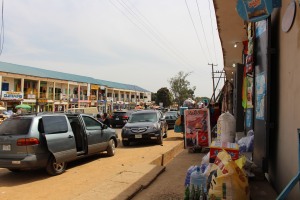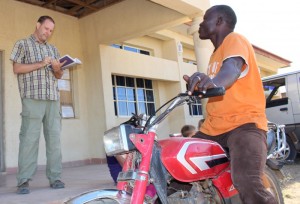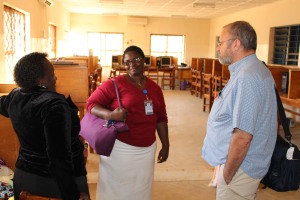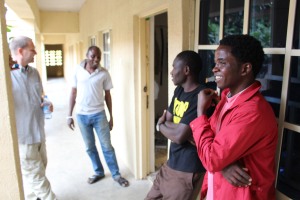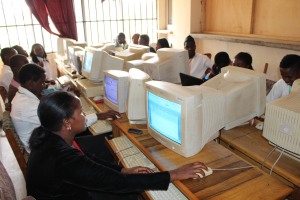The Transformational Education Network (TEN3) is asking for you to partner with us in a call to action to help the people of Sierra Leone who have been devastated by the outbreak of the Ebola virus.
We in TEN3 are supporting Global Partners, the missions arm of The Wesleyan Church, to fund a multi-pronged project to provide aid and assistance to children, parents and families in a Sierra Leone community whose lives have been ravaged by Ebola.
The threat of the Ebola is still haunting Sierra Leone, where transmission remains widespread with 74 new cases in the past week, according to the World Health Organization. The continued Ebola outbreak is most intense in the capital of Freetown, with 45 reported cases in the week ending Feb. 15.
Since the Ebola outbreak last year, the WHO has tracked 23,253 cases in nine countries, with 9,380 confirmed fatalities. The worst-hit have been Sierra Leone, Liberia and Guinea in west Africa. Sierra Leone has had 11,103 cases of Ebola — the most of any country — resulting in 3,408 deaths.
The name of the Global Partners project is the “Waterloo/Banga Farm Area Ebola Epidemic.” This project will improve sanitation and psycho-social services in quarantined homes in the Waterloo/Banga Farm area and its immediate environs.
This will be accomplished in a number of ways. For starters, 20 volunteer counselors will be trained to provide psycho-social counseling care to 2,600 beneficiaries in quarantined homes and holding centers. Another 10 volunteers will be trained as health educators to provide environmental health protection messages to 2,000 Ebola beneficiaries.
A third aspect will be training 20 volunteer pastors to visit, console and offer prayers and messages of hope to victims. The project will also provide supplies of used clothing and shoes, rubber buckets, soap, toothpaste and toothbrushes, Dettol — a hygiene product — and other disinfectants for homes.
The last piece of the project will be to provide toys for children and radio sets and batteries for the homes. An untold number of children have been orphaned by the plague of Ebola.
We have been monitoring the situation in Sierra Leone closely through the heroic service of Rev. Samuel Kargbo. Last summer, we were working with Rev. Kargbo to launch a Christ-centered Computer Training Outreach school in Freetown, Sierra Leone. But the Ebola virus outbreak derailed those plans amidst a devastating outbreak of the disease that at one point was requiring 15 funerals a day in Rev. Kargbo’s community.
Rev. Kargbo and his wife, Mary, have been faithfully and compassionately tending to the orphans, widows and other victims of their neighborhood. We are thankful to the Lord for keeping them free of the disease as they tend to the myriad needs of the people of their community.
Now is the opportunity for you to come alongside them. The budget for this project is a mere $15,137 in U.S. dollars. Will you help?
Donations to the project can be made in the following manner:
–Checks made out to Global Partners; write WM06-1489 on the memo line and send to: Global Partners, PO Box 50434, Indianapolis IN 46250-0434;
–Online: You can go to http://www.globalpartnersonline.org/partner/give/projects and in the first dropdown menu, select Sierra Leone, then click GO. Scroll down until you see the Waterloo/Banga Farm Area Ebola Epidemic project and click “Give Now.”
We ask that you continue to pray for containment of the virus and to strengthen the people of Sierra Leone, including Rev. Samuel Kargbo and his family. Thank you and God bless you.




